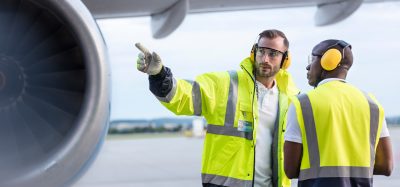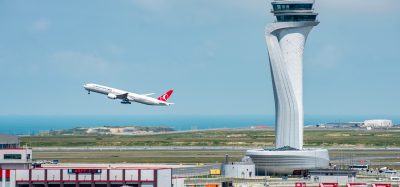Lammers leads a new airport through a global health crisis
- Like
- Digg
- Del
- Tumblr
- VKontakte
- Buffer
- Love This
- Odnoklassniki
- Meneame
- Blogger
- Amazon
- Yahoo Mail
- Gmail
- AOL
- Newsvine
- HackerNews
- Evernote
- MySpace
- Mail.ru
- Viadeo
- Line
- Comments
- Yummly
- SMS
- Viber
- Telegram
- Subscribe
- Skype
- Facebook Messenger
- Kakao
- LiveJournal
- Yammer
- Edgar
- Fintel
- Mix
- Instapaper
- Copy Link
Posted: 17 August 2020 | Jost Lammers, Tara Nolan (International Airport Review) | No comments yet
Jost Lammers, appointed as CEO of Munich Airport in the midst of the pandemic, tells Tara Nolan, International Airport Review’s Editor, about how this unprecedented feat was managed.
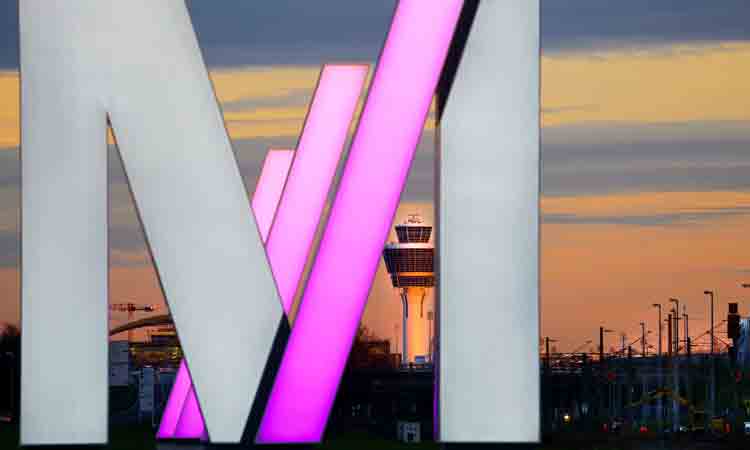

I’m sure tackling COVID-19 was not part of your plan for your first few months as CEO of Munich Airport. How challenging was it navigating a ‘new’ airport through this crisis?
It is indeed true that the COVID-19 crisis hit right in the middle of my on-boarding phase. I was familiarising myself with all the key issues at Munich Airport and how things fit together here – the people, the organisation, key stakeholders and partners. Of course, an airport in crisis mode poses an entirely new set of management challenges.
What is the recovery plan for Munich Airport? How did you make this decision?
In response to the massive drop in revenues and traffic, we launched a package of group‑wide measures in April to place tight limits on operational expenditures. These measures have required extensive savings throughout the corporate group. Planned investment projects, such as the western parking centre, the new corporate headquarters and the new budget hotel have been shelved for the time being. To pool the sharply declining traffic flows, we shut down our passenger handling operations in our Terminal 2 satellite building in March and in Terminal 1 in April. Since then, Terminal 2 has handled all arrivals and departures. While preparing to slowly ramp up flight operations again, we re-opened some areas of Terminal 1 on 8 July.
Management and the works council agreed at an early stage on reducing working hours for approximately 7,000 of the 10,000 people employed by the Munich Airport Group. Team spirit – always a key factor behind Munich Airport’s success – is especially important in these times of crisis.
Under our recovery plan we are also laying the economic and financial foundations for the lean times ahead. Our airport’s strong performance in recent years has left us in a healthy financial position and provides us with some leeway for manoeuvring.
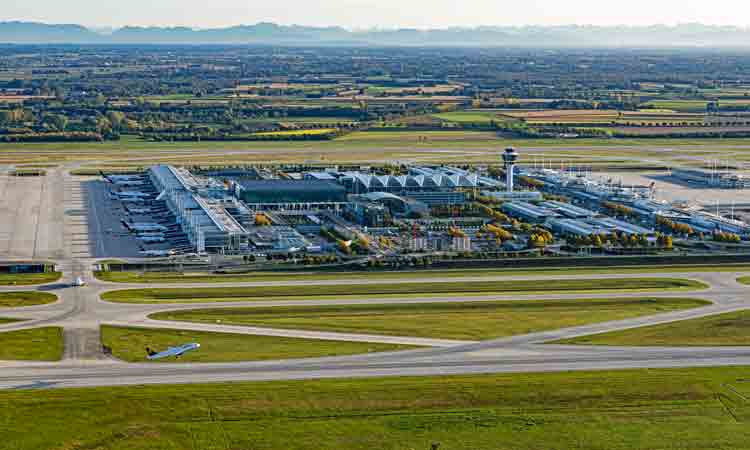

Munich Airport. Credit: Munich Airport
After many travel restrictions brought international air traffic at the Munich hub to a near standstill, there were clear signs at the end of May that the downward trend had bottomed out. Since the beginning of June, many airlines have been gradually ramping up their operations, including the re-opening of the first intercontinental routes. Since then, we have seen a steady increase in services offered in Munich. In the first half of July, our airport was once again serving over 120 destinations. With the airlines resuming flight operations, we have started re-opening some of the shops in Terminal 2. We are expecting a steady upward trajectory – while understanding that we will be feeling the effects of the crisis for some years.
In a hypothetical world – if COVID-19 had not gate-crashed your first few months as CEO, what would you have focused on, and why?
The predominant issues I was planning to focus on after my first weeks and months at Munich Airport were the strengthening and development of our position as one of Europe’s most relevant air traffic hubs. This includes the close cooperation with our airline partners and the special attention to our joint venture with Lufthansa in regard to the extension of our quality standards and service as a ‘Five-star airport’. In the long run, there are also further important management tasks, like the digitalisation of airport processes, a sustainability strategy and the decarbonisation of air travel – in accordance with ACI Europe’s net‑zero initiative.
Previously you were CEO of Budapest Airport. What are the differences in comparison to leading Munich Airport?
I served as CEO at Budapest Airport from 2008 until 2019. During that time, I worked with my team to grow and double traffic volumes and expand the airport’s international visibility. Many airport processes and tasks are identical, regardless of the location. However, each airport has its own priorities and strategic focus. In the case of Munich, this means our role as a major European hub, premium airport and the operation of the Terminal 2 system under a joint venture with Lufthansa.
Post recovery, what is your vision for Munich Airport?
To start with, I want to successfully guide Munich Airport through the crisis. As one of Europe’s most efficient and attractive hubs, we offer our airline partners excellent conditions for getting back on track for successful growth in the medium term. My vision is to continue expanding the hub in the long term and to make determined efforts to optimise our services and raise our connectivity. Furthermore, we want to expand our business abroad in the management and consulting of international airports. Another future business field will be our LabCampus, a large interdisciplinary innovation centre at Munich Airport.
What do you require to attain this vision?
When air traffic has regenerated worldwide, we will be facing a changed competitive environment. We will have to ensure that economic regulation reflects fast changing competitive dynamics so that airports are financially viable and able to maintain their capacity to invest in their infrastructure. Supervisory authorities should provide flexible frameworks that allow airports to support the recovery while continuing to have financially viable long-term capital investment plans.
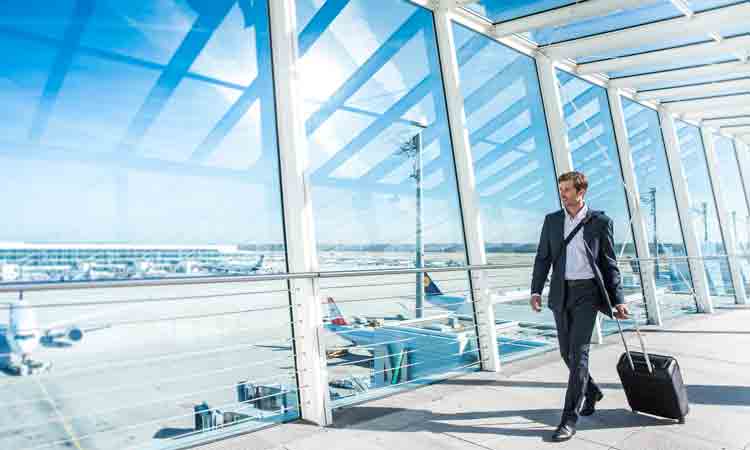

Credit: Munich Airport
A clear plan needs to be developed to rebuild air connectivity and re-invigorate tourism, for example, by championing effective collaboration with the industry at national and European levels, temporarily subsidising the uptake of routes to quickly restore a basic level of air connectivity and facilitating further aviation liberalisation.
Of course the airport workforce will be integral to completing your vision. How do you interact with and motivate Munich’s workforce?
We’re very proud of the teamwork and commitment of our workforce – especially, and perhaps more than ever – in these times of crisis. In the current situation, each and every employee is stepping up. With further months of extensive consolidation ahead of us, we will do everything to keep this spirit alive. On the one hand, our message towards our crew has to be that we are facing a challenging period that requires substantial changes in our company. On the other hand, we have to point out that Munich Airport as a business location and successful hub remains, in the mid- to long-term, in a promising position and will fully regain its old strength once the current crisis is over. This requires a policy of transparent information and a permanent open dialogue with our employees. In these difficult times, we have to live up to our reputation: In a nation-wide survey conducted in 2020 by Focus – a German business magazine – Munich Airport was voted one of Germany’s top three employers.
To conclude, what advice would you give to an individual aspiring to join the aviation industry? Alongside this, what advice would you give to someone aspiring to be a CEO?
In my opinion, the aviation industry is, and will remain, an exciting working environment with a vast range of career opportunities. This industry will also undergo rapid development in the coming decades – for example, in terms of digitalisation, new technologies and environmental and climate protection. For young people, this presents fascinating opportunities to play a role in shaping these developments with their own ideas and commitments.
For me, being the CEO of this airport is my dream job. The wide range of airport-related issues makes this task very special. Based on my personal experience, I would say that an airport manager should be an excellent communicator towards the various divisions in their own company, as well as towards airlines and other business partners. The main focus is on the customer and passenger satisfaction. Furthermore, the airport CEO faces the daily challenge of successfully managing demanding and complex relationships with all the other key stakeholders.
Biography


Issue
Related topics
Airport crisis management, Airport development, Appointments, COVID-19, Movers and appointments, Sustainable development, Workforce



